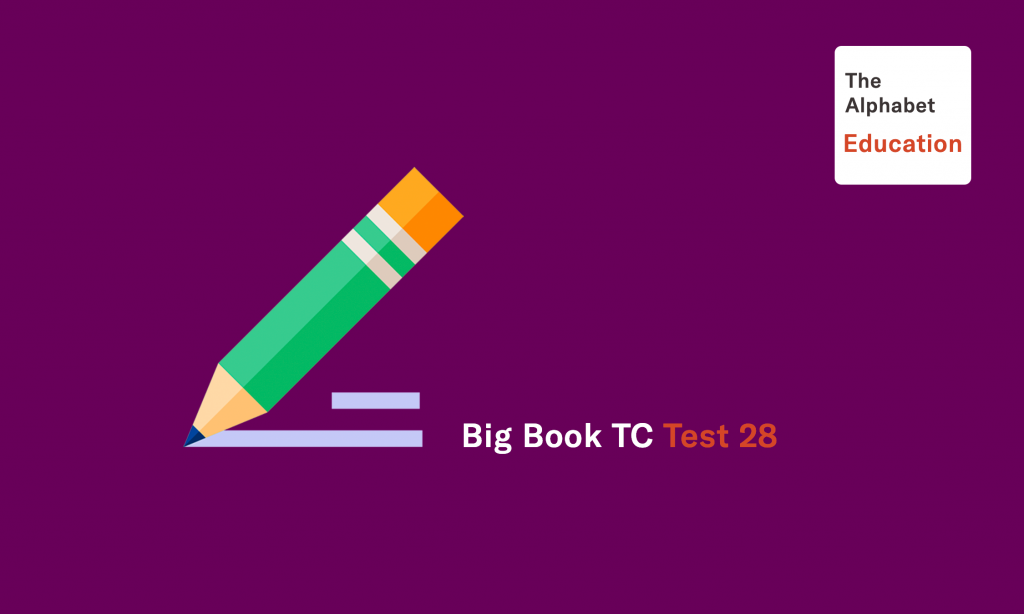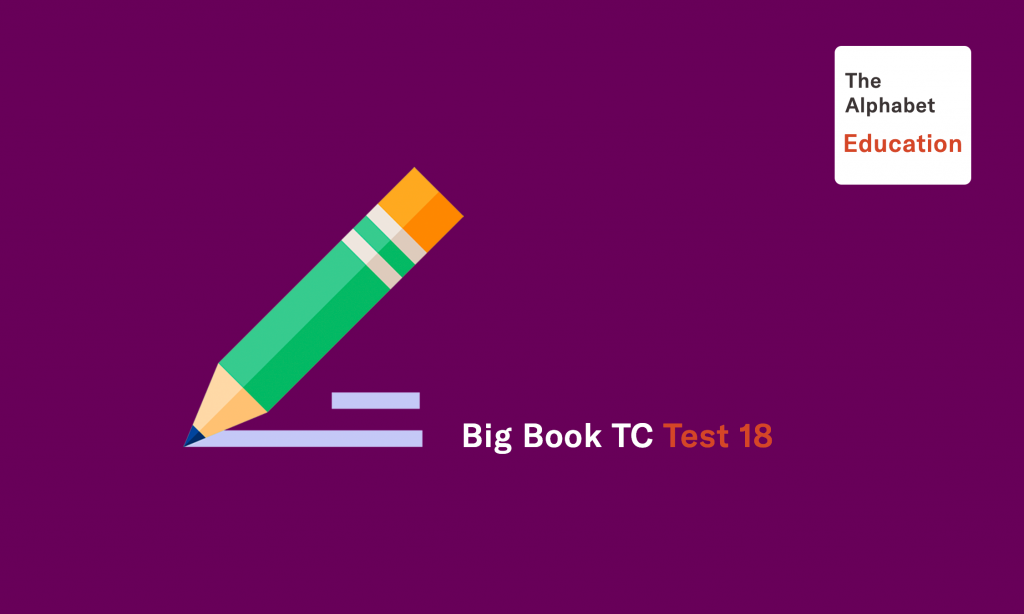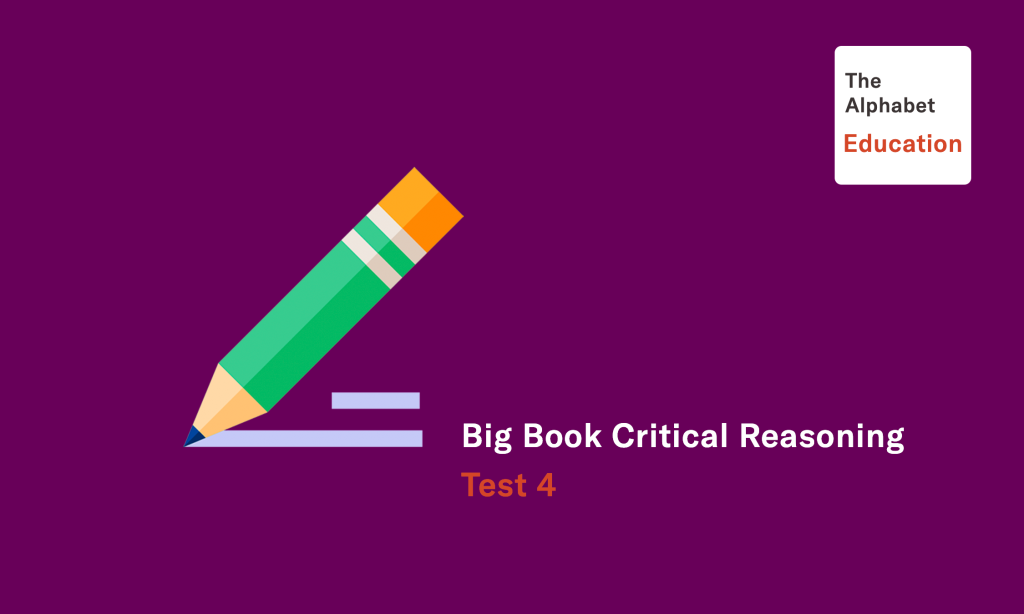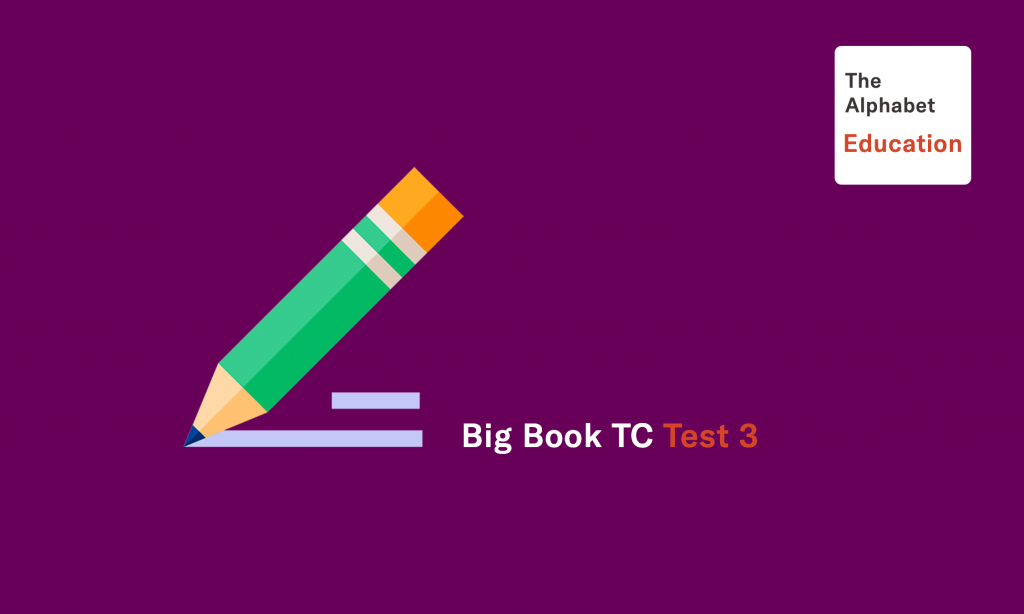GRE Critical Reasoning
Critical Reasoning questions test the ability to understand, analyze, and evaluate arguments. Some of the abilities tested by specific questions include identifying the roles played by specific phrases or sentences in an argument, recognizing the point of an argument, recognizing assumptions on which an argument is based" drawing conclusions and forming hypotheses, identifying methods of argumentation, evaluating arguments and counter-arguments, and analyzing evidence.
Each of the Critical Reasoning questions is based on a short argument, a set of statements, or a plan of action. For each question, select the best answer of the choices given.
According to a newspaper article, a customs inspector believed that he could always tell if people were trying to deceive him. He based this belief on the fact that, in ten years of experience, in cases where he suspected that a tourist was carrying contraband, he was always right. Careful inspections of the lug- gage and persons of the suspects always turned up the contraband goods.
#1
In any negotiations between a party with limited aims and an opposing party with unlimited aims, the party with limited aims is bound to lose. This is so because the scope of a negotiating party’s aims determines the energy and the perseverance that will be brought to the negotiations by that party.
#2
In a recent study, sedentary middle-aged men who drink more than two cups of coffee a day were found more likely than other sedentary middle aged men to have a high blood level o f cholesterol, which is a factor increasing risk of heart disease. Cholesterol can reach the blood from food and drink but is not contained in coffee.
#3
A package is never accepted for delivery by the delivery service unless it is within the established size limits. All packages accepted for delivery by the delivery service have a return address.
#4
The pattern of scientific grants awarded by foundations is changing as the number of worthy requests grows in the face of cuts in federal spending. Many foundations, formerly willing to fund innovative but risky projects, have begun to support relatively conservative projects only.
#5
The Wheat Farmers Alliance, a political action committee, attracts 70 percent of its contributors from an advertisement requesting contributions placed only in the September, October, and November issues of the Grange Report, a monthly newsletter for wheat farmers. The president of the Wheat Farmers Alliance, to increase the number of contributors, decides to advertise in each of the monthly issues of the Grange Report. She expects that, as a result of the additional Grange Report advertisements, the number of contributors will be increased to at least double the present number.



